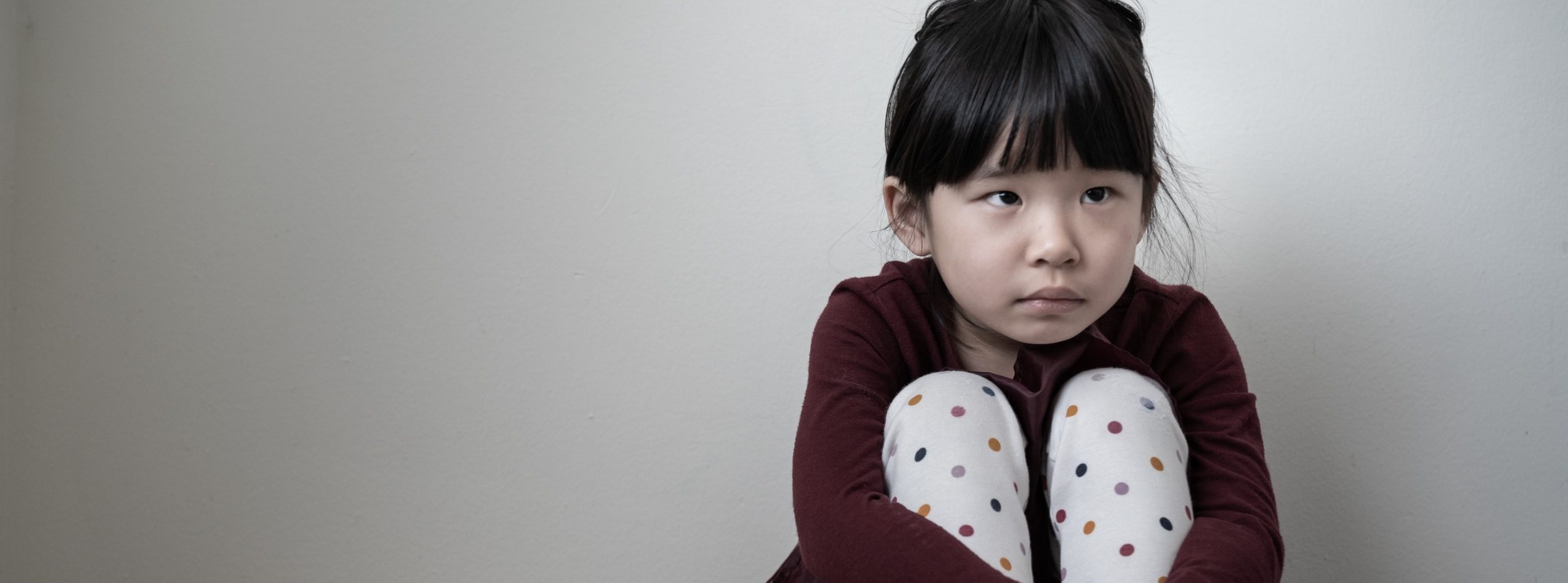
As a parent, noticing your child struggling with focus, emotions, or behavior can be tough. Is it ADHD, anxiety, or both? These two conditions share overlapping symptoms, but understanding their differences is key to helping your child get the support they need.
While ADHD impacts attention, impulse control, and hyperactivity, anxiety stems from excessive worry and fear. Here’s how they show up differently:
Absolutely. Many kids with ADHD also experience anxiety, which can complicate diagnosis and treatment. For example, a child might avoid tasks because of anxiety but also struggle with follow-through due to ADHD.
A professional evaluation is essential. A mental health provider can assess your child’s symptoms and behaviors across different settings, helping to pinpoint what’s going on. With a clear diagnosis, you can create a tailored plan that works.
Distinguishing between ADHD and anxiety can be tricky, but understanding the differences helps you take the first step toward effective support. At Brainerd Lakes Psychiatry, we’re here to help your family find answers and create a plan that works for your child. Contact us today to learn more.